About
Ricochet Western Magazine
The makers of Epic Echoes Magazine bring you a new short fiction publication focusing on traditional Westerns.
About Westerns
The Western as a genre is already well past its hundredth birthday, but to misquote Mark Twain: Reports of its death are greatly exaggerated.
All of Louis L'Amour's novels are still in print and sell well, Yellowstone had more viewers than any other show on TV (except football), and the dramatic, multi-chapter Western Horizon: An American Saga is coming to theatres in the summer of '24. Meanwhile, as The New York Times pointed out in 2023, a host of less popular fiction is garnering critical attention for "reframing the idea and image of the region" to appeal to the sensibilities of the elite with "stories drawn from varying wellsprings of race, class, gender, epoch and perception."
If the Western's still alive and kicking, it's in part because the genre is open-ended enough to be reimagined and reclaimed by each generation of Americans, inextricably tied to the mythos of the nation but - like all mythology - none the less universal, a place "where our past and future are concentrated," transcending the boundaries of space and time, of culture, gender, and class.
So anything can be a "Western," then? Well... yes and no. It's obvious from a glance at the likes of Téa Obreht or a variety of contemporary Western or Western-inspired films like Nomadland or Cowboys that you can justifiably affix the label "Western" to just about any narrative set on the 19th-century American frontier, or to any story that pulls in enough wilderness imagery alongside the good old "individual vs. society" dilemma. But regardless of what cultural and literary value such works may have, there's something about them that's fundamentally different from what we know as the "Western" - why else would critics feel the need to justfiy and explain them, and wax philosophical on how they're "redrawing the boundaries of the genre"?
The irony of mythology is that its universality depends on its specificity of time, place, and culture; to be timeless it must be a product of its time. Whatever variety of stories one may label as "Westerns" today, there does exist a category we can call "traditional Westerns" that simply does not include all of them. It's a category defined at least in part by its cheerful indifference to the whole weighty concept of reinventing, redrawing boundaries, or interrogating the past. There's an innocence to this: no psychoanalysis and no attempts to baptize oneself in guilt over colonialism (nor yet to defend or revel in its very real crimes), not because those things don't matter, but because they're just not the point. This "traditional Western" feels like it was written in the 1800s, whether or not it actually was, and even at its most serious (and it's often very serious) it can feel a little too indulgent, a little too escapist, the way a good adventure story does. It's supposed to.
